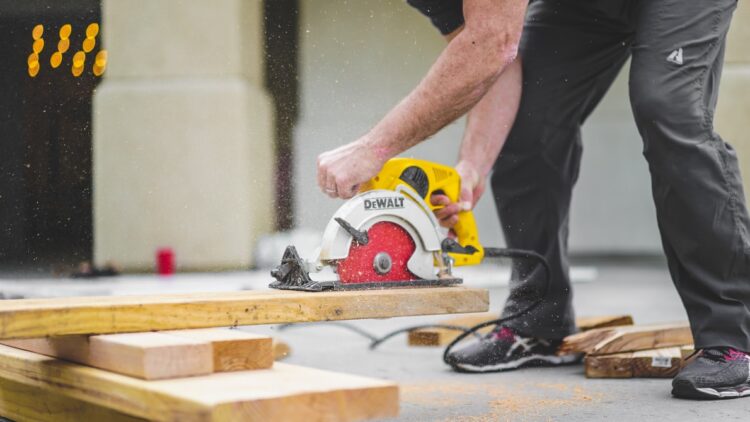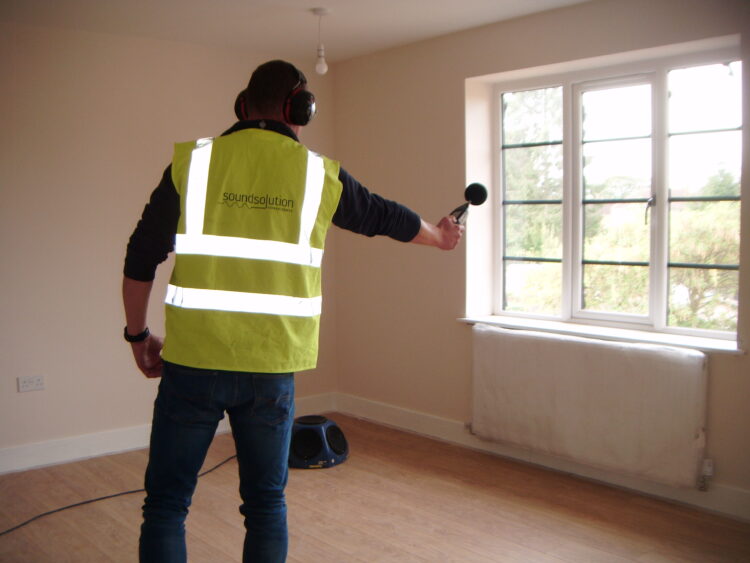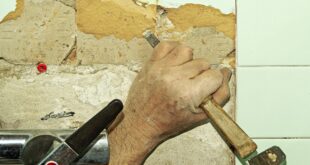Sound insulation testing has already become a standard requirement for building projects in the UK, and the sound test, as it is also known, has to be prepared for if you want to pass the test the first time. Failing the sound insulation test can be a real hassle and headache, and if you fail the test, it can mean a lot of re-designing and re-planning and the moving around of decorators, contractors, floor fitters, and so on. But a sound test doesn’t have to be particularly stressful; there are certain things you can do so you can pass the test the first time. So how can you ensure that you pass the sound insulation test for your building or property? Let’s find out.
Acquire as much knowledge and information as you can before you start construction

Sound insulation testing is a necessity for new buildings and dwellings or conversions of buildings, particularly if there will be two dwelling places adjoining each other and separated only with a floor or party wall.
One of the very first things you can do to give yourself a bigger chance of passing the sound test is to plan your entire project while thinking carefully about sound insulation at the same time, as recommended by the sound testing specialists from TheBuildingComplianceTeam.com. This doesn’t need to be expensive, and you can save a lot of time at the project’s end, not to mention avoid re-testing expenses or remedial expenses on your construction project.
If you are not sure how to build a separate wall and floor constructions and related junctions in your building to satisfy Document E requirements, do as much research as you can and talk to specialists in sound insulation who can give you the proper advice. Professionals in sound insulation can work closely with your architects, developers, and contractors to come up with the best design for proper sound insulation, so your property is compliant with Document E.
Think about different elements

The experts have certain recommendations when it comes to the design of building projects and their acoustic design. One of their tips is to consider different factors, which include mass, absorption, isolation, stiffness, and resilience. You have to ensure, for instance, that all the penetrations in the dwelling or building are completely sealed, and they need to be boxed appropriately with the use of plasterboard (preferably two layers) and acoustic quilt.
You should also avoid using lightweight blocks in the building or dwelling’s internal envelope because sound travels horizontally and vertically from one dwelling to another. If you have the budget for it, it’s best to use suspended ceilings which are resilient so the floor partition’s performance can be improved, and you also have to make sure that all your support timbers or steel are boxed properly. If you can, make use of high-quality acoustic membrane on the floor’s surface so you can also improve the floor’s impact functionality and performance. Even your electric sockets can make a difference – avoid positioning your electric sockets and outlets back to back in between walls.
Continuously assess your construction

Once your project has begun, you should continuously check and assess your construction and make sure that it adheres to the plans for sound insulation set forth by the specialists. Even the smallest alterations and lower quality construction elements can have a significant impact on your measures for sound insulation, so be vigilant about this.
Request a sample sound test
If you want to be additionally sure that your project is going to meet the requirements on soundproof testing, why not request a sample sound test? This survey test can be performed at an earlier stage in your construction so you can ensure that your structure passes the test prior to pre-completion. If you fail the sample sound test, then you can do the needful to make sure that you can pass the real test once it comes around.

Make sure your property is ready
One of the foremost things you can do is schedule your sound test at the proper time. Before you schedule your sound test, your building should be 100% ready but without any decoration, furnishing, or floor finish. Make sure that your windows and external and internal doors are already fitted and entirely operable, and that your skirting boards are sealed and fitted, too. Your light switches, appliances, light fixtures, and electric sockets should also be properly fitted before the test.
Prepare your site’s conditions
Along with preparing the property and making sure that your windows, doors, and floor finishes are already installed, you can also make sure that the conditions of the site are at their utmost. With this, you can actually speed up the test process and be doubly sure that the results are as accurate as possible.
That being said, make sure that the engineers or technicians have full access to the two sides of the walls and flooring of both parties, even if the other side is already occupied. You also have to ensure access to the different rooms in the places or dwellings scheduled for testing, and these spaces should be empty and tidy as well.

The buildings undergoing the sound test shouldn’t be occupied by anyone whilst the test process is being performed, because even the slightest of movements that create noise can have a negative effect on the test results. It also follows that all sources of noise should be turned off, whether it’s radios or televisions or even fire alarms. If there is any construction work going on around the building, stop the work whilst the test is being performed.
At the end of the day, passing a soundproof test need not be all that difficult, but remember this: the key to the most effective and useful soundproofing is making sure to add mass to the structure so it can block out unwanted noise. Solutions for soundproofing may also consist of different materials, so it’s in your best interest to find out which materials work best for your building or dwelling. The materials you use can change, for example, if you have brick walls as opposed to timber walls. As long as you find out which materials to use, bear a few essential factors and aspects in mind, and consult with the experts, there is no reason for your dwelling or property not to pass the soundproof test.
 Hi Boox Popular Magazine 2024
Hi Boox Popular Magazine 2024



